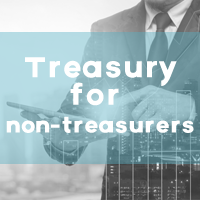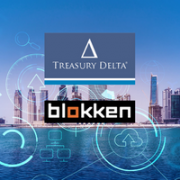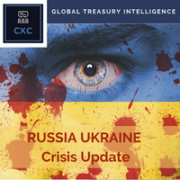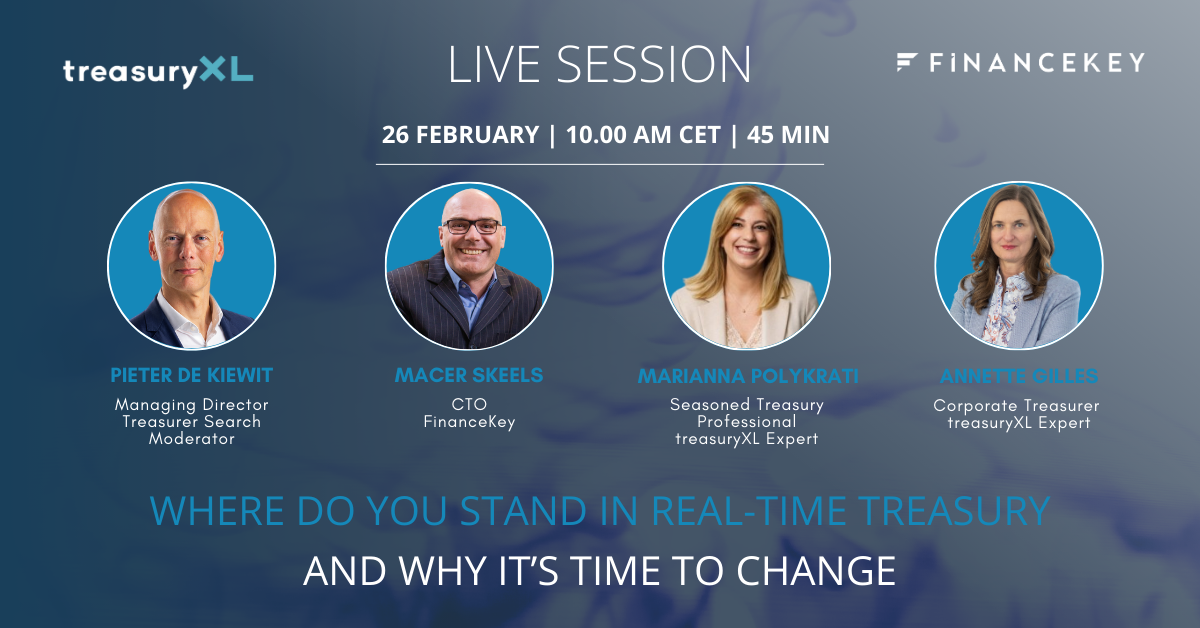What is the Blockchain and why you should care
| 7-6-2017 | Carlo de Meijer | treasuryXL |
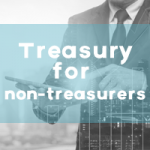 You might visit this site, being a treasury professional with years of experience in the field. However you could also be a student or a businessman wanting to know more details on the subject, or a reader in general, eager to learn something new. The ‘Treasury for non-treasurers’ series is for readers who want to understand what treasury is all about. Our expert Carlo de Meijer is a blockchain specialist and tells us more about this new technology.
You might visit this site, being a treasury professional with years of experience in the field. However you could also be a student or a businessman wanting to know more details on the subject, or a reader in general, eager to learn something new. The ‘Treasury for non-treasurers’ series is for readers who want to understand what treasury is all about. Our expert Carlo de Meijer is a blockchain specialist and tells us more about this new technology.
Blockchain
Blockchain is an immutable digital database or ‘distributed ledger’ that allows multiple parties to transfer and store information (records) securely and reliably, shared via a peer-to-peer network of computers. There are public (or permissionless) blockchains where everybody is free to participate and private (or permissioned) distributed ledgers where only selected parties may enter the network.
The ledger is maintained collectively by all participants in the blockchain system based on a set of generally agreed and strictly applied rules. It enables digital transactions to be validated quickly and to be securely maintained through cryptography, computational power and network users without the need for a trusted third party.
In addition to transactions, blockchain has also the ability to run so-called smart contracts, to be coded and connected in such a way that the contract automatically executes an event if certain preconditions are met. Smart contracts could be used in real estate transactions to transfer title and release escrow when ownership is confirmed. Peer-to-peer insurance is potentially another use case.
Main characteristics
What are the main characteristics of a blockchain?
Blockchain has special qualities that makes it better than traditional databases: trusted, decentralised, shared, secure and automated.
· Trusted: the distributed nature of the network requires computers servers to reach consensus, which allows for transactions to occur between unknown parties in a trusted way.
· Decentralised: Blockchain allows to trade directly with any counterparty in a secure, fast and cost effective way, without making use of a central authority or third party intermediaries (middlemen) to approve transactions and set rules.
· Shared: servers or nodes, maintain the entries (known as blocks) and every node sees the transaction data stored in the blocks when created. Each counterparty has its own copy of the same ledger. It allows anyone to obtain an accurate view.
· Secure: the database is built to be immutable and irreversible, which means that there is inherent security. Posts to the ledger cannot be revised or tampered with. The information is tamper-proof and visible for all parties involved.
· Automated: Software is used to generate and record information about the transaction (when it took place, and the chronological order of all transactions). This results in a chain of information, stored in a so-called block; hence the name blockchain.
Use cases
What are use cases for blockchain?
As the blockchain can be used to store and send anything of value, applications may be numerous. These do not limit to financial transactions such as payments, remittances, supply chain finance, securities settlement, stock trading etc. The potential may well be beyond the financial sector ranging from securing intellectual property, health records, land registry and ownership records, marriage contracts, identity management, voting records, vehicle registries, tax collection etc.
What are the benefits of blockchain?
Conclusion
There are many benefits to be gained from using blockchain technology. Immutability, coupled with its immediacy, assured provenance and transparency are core blockchain attributes. Removing the middlemen for transaction increases the speed and eliminates transaction fees for consumers and institutions alike. Other business benefits are also relatively easy to imagine, such as in facilitating identity authentication, privacy, access management, regulatory compliance.

Economist and researcher

